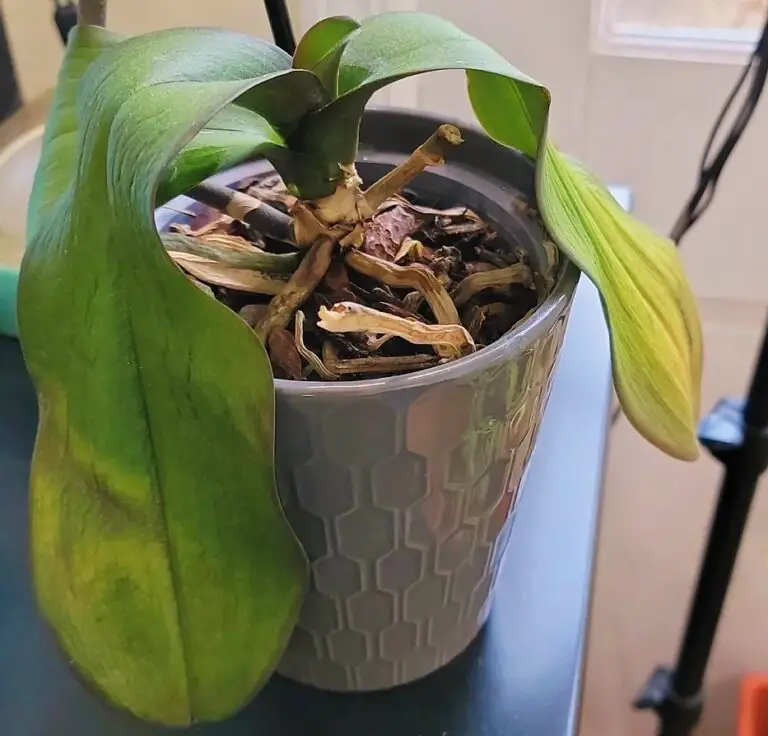Cruciferous vegetables, renowned for their distinctive taste and crisp texture, offer more than just culinary diversity. They are packed with a wealth of essential nutrients and bioactive compounds that are instrumental in supporting overall health and wellness. Among their most notable benefits is their potential role in cancer prevention.
The unique combination of vitamins, minerals, and phytochemicals in these vegetables, particularly glucosinolates and their derivatives, contributes to their protective effects against cancer. By enhancing detoxification processes, reducing inflammation, and inhibiting the growth of cancer cells, cruciferous vegetables are a powerful ally in maintaining long-term health. In this article, we’ll explore the top 10 cruciferous vegetables and delve into their specific cancer-fighting properties, providing valuable insights into how incorporating them into your diet can contribute to a healthier lifestyle.

1. Broccoli
Nutrients: High in vitamins C, K, and A, as well as fibre.
Cancer-Fighting Properties: Contains sulforaphane, a compound that has been shown to boost detoxification enzymes and reduce the risk of certain cancers, including breast and prostate cancer.
2. Brussels sprouts
Nutrients: rich in vitamins C and K, folate, and fibre.
Cancer-Fighting Properties: Like broccoli, Brussels sprouts are high in sulforaphane. They also contain compounds that may help inhibit cancer cell growth and promote apoptosis (programmed cell death) in cancer cells.
3. Kale
Rich in antioxidants, calcium, and the vitamins A, C, and K
Cancer-Fighting Properties: Kale is a great source of glucosinolates, which have been linked to a lower risk of cancers such as lung and bladder. Its high antioxidant content helps combat oxidative stress, which can lead to cancer development.
4. Cauliflower
Nutrients: Provides vitamins C and K, fibre, and antioxidants.
Cancer-fighting Properties: Cauliflower is rich in indole-3-carbinol, a compound that may help detoxify carcinogens and inhibit tumour growth. It’s also a versatile vegetable that can be used in various dishes.
5. Cabbage
Nutrients: Contains vitamins C and K, fibre, and antioxidants.
Cancer-Fighting Properties: Cabbage is known for its high content of glucosinolates. Research suggests that cabbage consumption may be associated with a reduced risk of colorectal and stomach cancers.
6. Arugula
Nutrients: rich in vitamins A, C, and K, calcium, and iron.
Cancer-Fighting Properties: Arugula contains compounds like sulforaphane and indole-3-carbinol, which have been shown to have anti-cancer effects, particularly in preventing breast and prostate cancer.
7. Radishes
Nutrients: high in vitamins C and B6, folate, and fibre.
Cancer-Fighting Properties: Radishes contain compounds like glucosinolates and isothiocyanates, which help in the detoxification process and may lower the risk of developing cancer.
8. Turnips
Provides potassium, fibre, and the vitamins C and B6.
Cancer-Fighting Properties: Turnips are rich in glucosinolates and other antioxidants that can aid in cancer prevention by reducing inflammation and promoting detoxification.
9. Collard Greens
Nutrients: high in vitamins A, C, and K, calcium, and fibre.
Cancer-fighting Properties: Collard greens are an excellent source of glucosinolates and antioxidants. Their high fibre content also supports digestive health, which may contribute to a lower risk of colon cancer.
10. Mustard Greens
Rich in calcium and vitamins A, C, and K are nutrients.
Cancer-Fighting Properties: Mustard greens contain high levels of glucosinolates and isothiocyanates, which have been shown to reduce the risk of cancers like lung and colon cancer.
Incorporating these top 10 cruciferous vegetables into your diet can provide a wealth of nutrients that support overall health and potentially reduce cancer risk. Their unique compounds and antioxidants make them powerful allies in the fight against cancer. Aim to include a variety of these vegetables in your meals to maximise their health benefits and enjoy a flavourful, nutritious diet.
How do cruciferous vegetables help in cancer prevention?
Cruciferous vegetables contain compounds like glucosinolates and sulforaphane, which are believed to have anti-cancer properties. These compounds help in detoxifying carcinogens, reducing inflammation, and promoting the elimination of cancerous cells. They also support the body’s natural detoxification processes and may inhibit the growth of cancer cells.
Can eating cruciferous vegetables alone prevent cancer?
While incorporating cruciferous vegetables into your diet can be beneficial, they are not a guaranteed cancer prevention method. A balanced diet, rich in a variety of fruits, vegetables, and whole grains, along with a healthy lifestyle, including regular physical activity and avoiding tobacco, is essential for reducing cancer risk.
How can I include more cruciferous vegetables in my diet?
There are many ways to add cruciferous vegetables to your meals. You can enjoy them raw in salads, steamed or roasted as side dishes, or blended into soups and smoothies. Experiment with different recipes to find enjoyable ways to incorporate these vegetables into your daily diet.
Are there any risks associated with eating cruciferous vegetables?
For most people, cruciferous vegetables are a healthy addition to the diet. However, in very large amounts, they can interfere with thyroid function due to their goitrogenic properties. Individuals with thyroid conditions should consult with a healthcare provider to determine appropriate intake levels.
What are glucosinolates and how do they contribute to cancer prevention?
Glucosinolates are natural compounds found in cruciferous vegetables. When these vegetables are chewed or digested, glucosinolates break down into biologically active compounds such as sulforaphane and indole-3-carbinol. These compounds have been shown to help detoxify carcinogens, reduce inflammation, and inhibit cancer cell growth.
How often should I eat cruciferous vegetables to benefit from their cancer-fighting properties?
For optimal health benefits, aim to include cruciferous vegetables in your diet several times a week. A variety of these vegetables should be consumed regularly, as part of a balanced diet, to maximize their cancer-fighting effects. Aim for at least 2-3 servings per week as part of your overall vegetable intake.
Can cooking cruciferous vegetables affect their cancer-preventive properties?
Cooking can reduce the levels of some beneficial compounds in cruciferous vegetables, but it can also make others more bioavailable. Steaming or lightly cooking these vegetables is often recommended to preserve their nutrients while improving digestibility. Avoid overcooking, as this can lead to a loss of beneficial compounds.
Are there any specific cruciferous vegetables that are particularly effective for cancer prevention?
All cruciferous vegetables offer health benefits, but some, like broccoli, Brussels sprouts, and kale, are particularly rich in cancer-fighting compounds such as sulforaphane and indole-3-carbinol. Including a variety of these vegetables in your diet will provide a broader range of beneficial nutrients and compounds.
What are the key nutrients in cruciferous vegetables that help with cancer prevention?
Cruciferous vegetables are rich in key nutrients such as vitamins C and K, fiber, and various antioxidants. They also contain bioactive compounds like glucosinolates, which break down into substances such as sulforaphane and indole-3-carbinol. These compounds support detoxification processes, reduce inflammation, and may inhibit the growth of cancer cells.
Can cruciferous vegetables interact with any medications?
Cruciferous vegetables are generally safe for most people, but they can interact with certain medications, particularly those affecting thyroid function. If you have thyroid issues or are on medication, consult your healthcare provider before making significant changes to your diet to ensure there are no adverse interactions.









